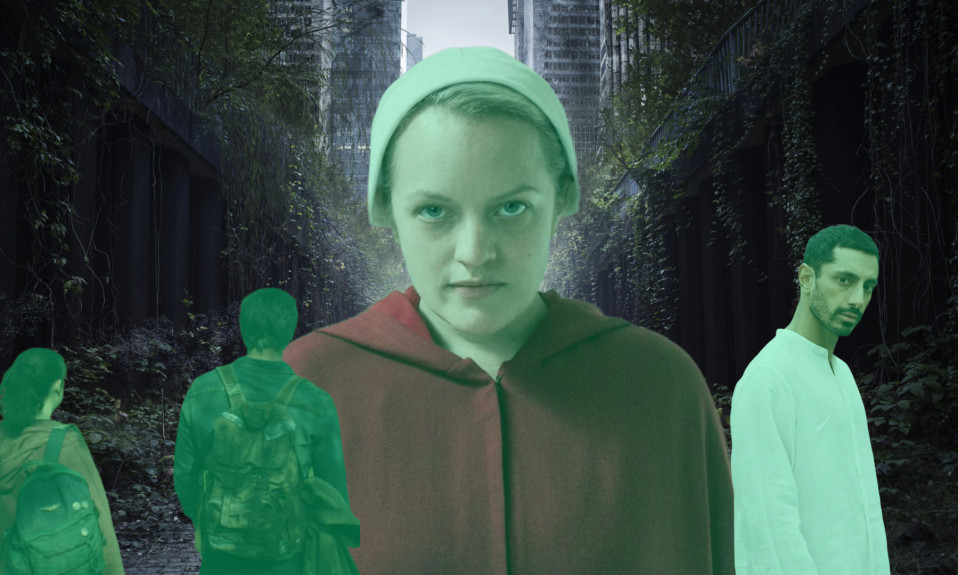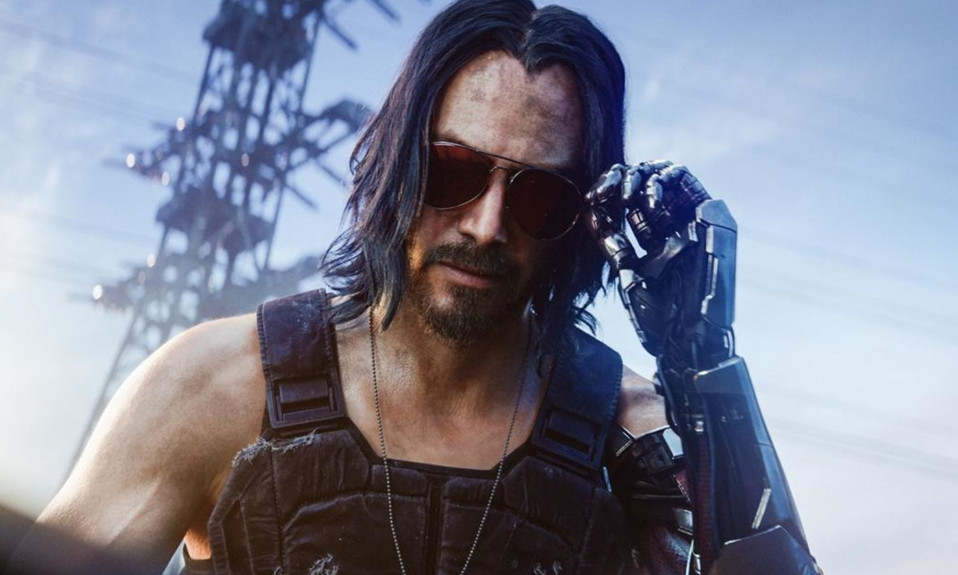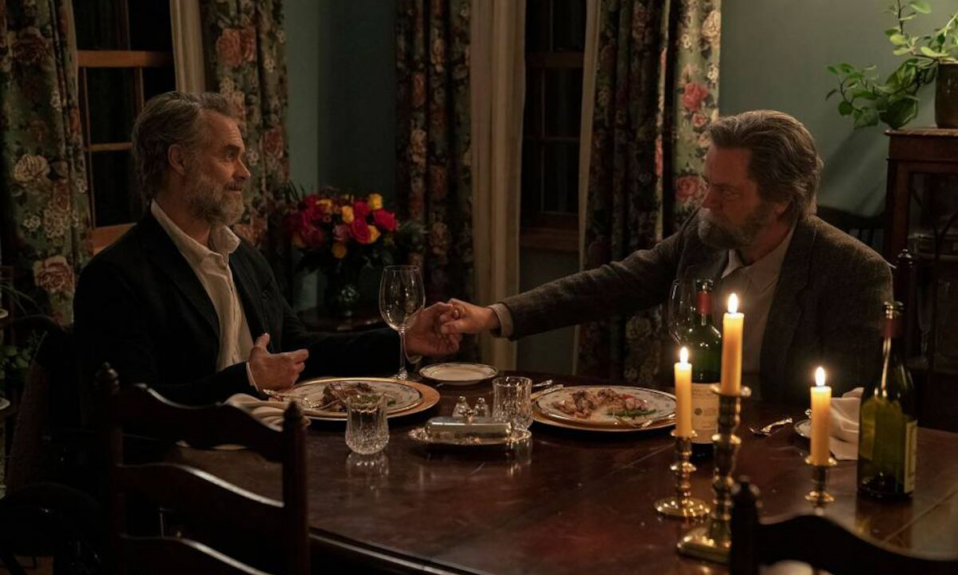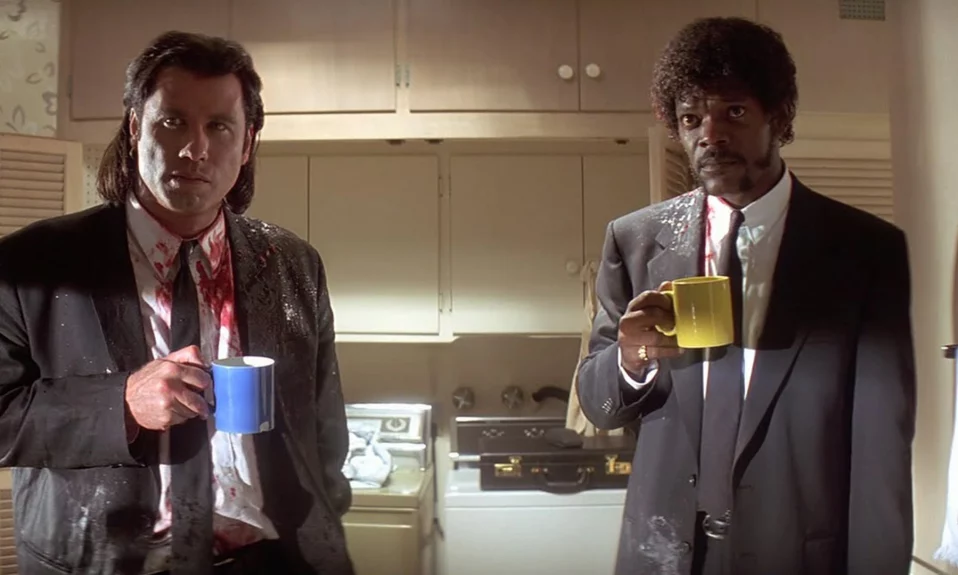“The apocalypse appeared to have arrived and it was not yet apocalyptic,” Mohsin Hamid writes in his 2017 novel Exit West, “which is to say while the changes were jarring they were not the end, and life went on.” The novel concerns a young couple, Saeed and Nadia, living in an unnamed Middle Eastern country that is being torn apart by civil war. When rumours of magic doors that can take you into other countries begin to circulate, the couple set out on their journey across the world and towards a different life. It is a novel about migration, about the ongoing refugee crisis that the world keeps turning a blind eye to, and about the tribalism and supposed safety of similarity.
The idea that the migration crisis of the novel is part of the “apocalypse” comes later in the book, when certain cities, such as London or San Francisco, into which many have arrived through the aforementioned magic doors, have been ghettoised. There have been violent clashes between “natives” and newcomers, political policy has failed to control this new influx of people, and the boundaries and borders of countries appear “to be somewhat illusionary”, meaning people are left questioning “what role they to play” in this new order.
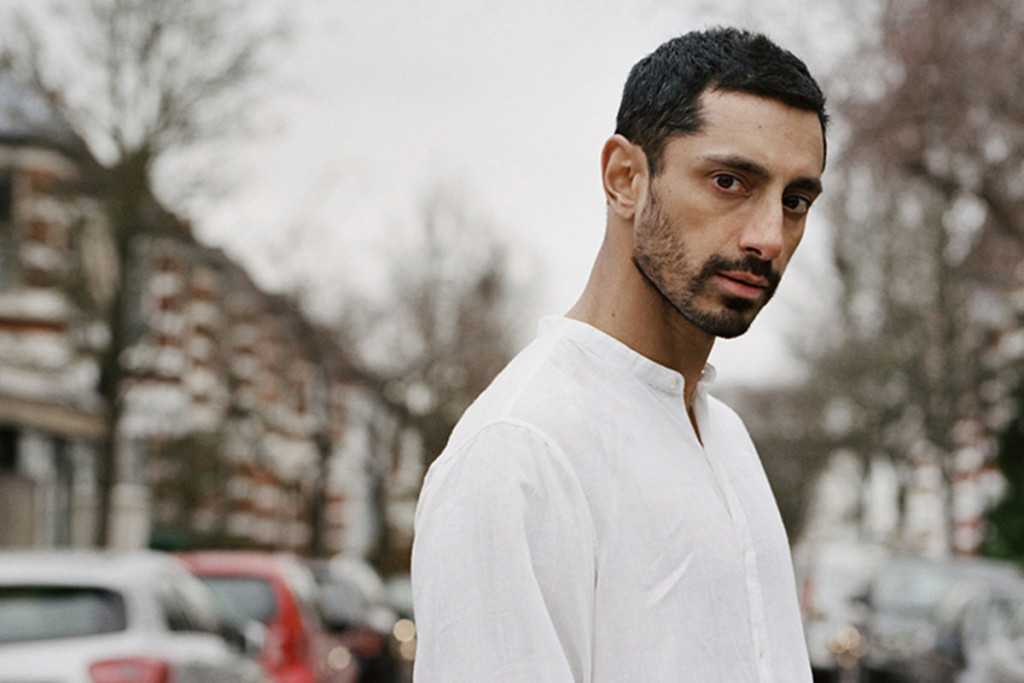
Hamid’s description of the apocalypse as terrifying but also not yet quite apocalyptic can be so easily lifted from the novel and applied to the state of 2021. After all, in the past few months, we’ve witnessed horrendous images of men on horseback forcing back Haitian refugees along the American border, the ocean caught fire and burned in a wild fury, and we’re still in a global pandemic that has, to date, killed an estimated 4,771,122 people worldwide. In the UK, we are being led by a government that only sees what it wants to see, that is happy to sit back and watch the country fall apart as their friends line their pockets with money from shady contracts which they will then squirrel away in tax havens. It doesn’t quite seem like the apocalypse we were expecting, and yet it feels like, perhaps, that isn’t too far away.
Earlier this year, Barack and Michelle Obama acquired the rights to Exit West via their production company Higher Ground, which currently have an exclusive deal with Netflix. It is set to star (one of my biggest crushes) Riz Ahmed as Saeed, and Yann Demange will direct. It is one of many projects, both recently made or in-production, that deals with what might be the end times, in worlds that don’t seem too far from our own. To look back at the dystopias of the previous century is to look at beautiful utopias, years in the future, that turn out to be less than perfect. Now these worlds we seek out that appear so grim are merely a stone’s throw away from our current experiences. As Ed O’Loughlin worried in the Irish Times: “Our reality has overtaken, or will soon have caught up with, many of our best/worst fictional futures.” Why is it, then, that we are so obsessed with these worlds? Why does it appear as if they’re becoming more prevalent as our current times get worse?
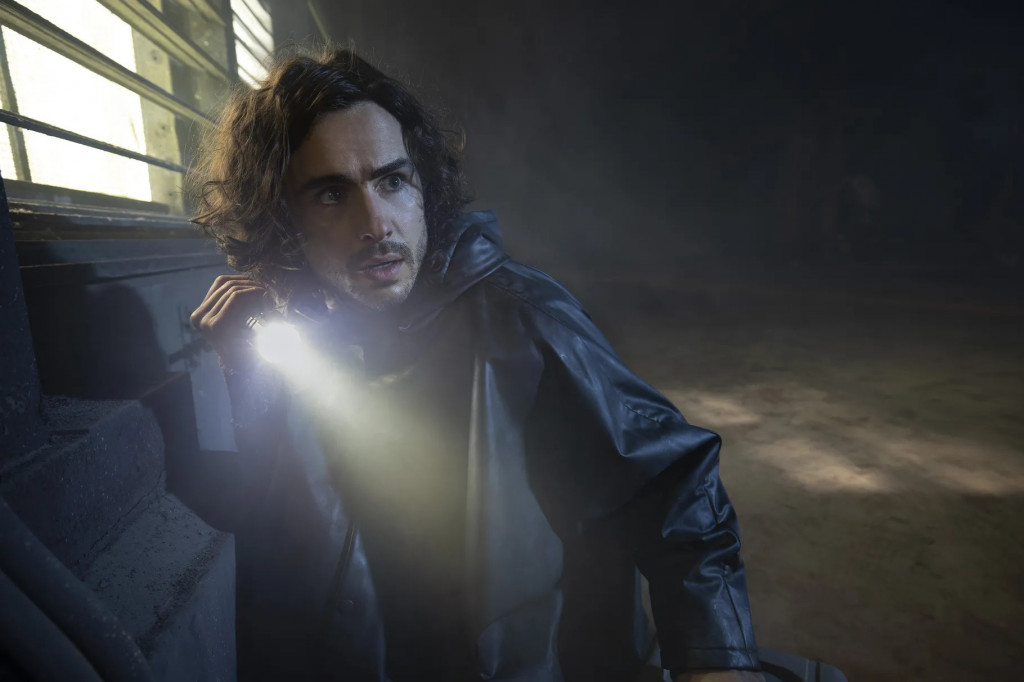
It’s true that genre films and television have often aimed to reflect the issues of their time. Horror, famously, is filled with metaphor while fantasy has often reflected our political systems or histories. Perhaps, in their allegorical nature, those who enjoyed these in the past (or even now) were able to do so as a form of escape, the messages washing over them without be too direct. Yet, it can’t be denied that, in our current times, interest in dystopias has risen, and studios are trying to meet that demand. Production on a television adaption of Emily St. John Mandel’s pandemic novel Station Eleven began before the majority of the world shut down due to Covid-19, and the finished product is due to air on HBO Max later this year. An adaption of the 2013 videogame The Last of Us, set in a post-apocalyptic future, is coming to HBO too. Over at Hulu, The Handmaid’s Tale has just aired its fourth season and is gearing up for a fifth. On top of that, the streamer recently premiered its post-apocalyptic series Y: The Last Man in which, all at once, all the men in the world bar one die mysteriously. Apple TV+ has just premiered Foundation, based on stories by Isaac Asimov, about a new empire, long in the future, that is not all it’s cracked up to be as it’s led by those who are driven by self-interest. As for the big screen, The Matrix is returning, as well as A Quiet Place for a third time.
This craving speaks to what might be considered “anti-escapism”. In an article for NPR, Jason Heller wrote, “The world feels more precariously perched on the lip of the abyss than ever, and facing those fears through fiction helps us deal with it.” Is this true? That our obsession with the end of the world is more than mere schadenfreude linked with some defeatist mentality, but rather a form of affirmation? Proof that our world is not yet as bad as it is in these shows or movies – that it can be salvaged? For how long will that be the case, though? We seem to be living in the times that novelists and filmmakers of the past warned us about as, day-after-day, the likes of Atwood, Orwell, and Bradbury are proven right.
Still, I can’t help but wonder if it is better this way. To look the future in the eye and, perhaps, inspire some sort of saviour. I keep thinking of Steven Spielberg’s 2018 film adaption of Ready Player One, in which the opposite is true and citizens of a ravaged world escape into a more exciting, virtual one as a means of coping. In the age of the internet, it might seem like that would be what we want, yet it doesn’t appear to be the case. We are not yet ready to give up on the physical world just yet, we’re not content with disappearing online, and perhaps that is what our appetite for dramas on the end of the world proves. In all the bleakness of the futures they present, we can see the one thing we need most: hope.
Also Read:


